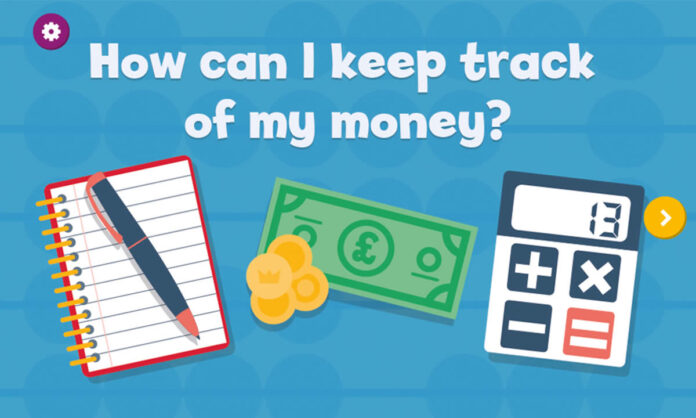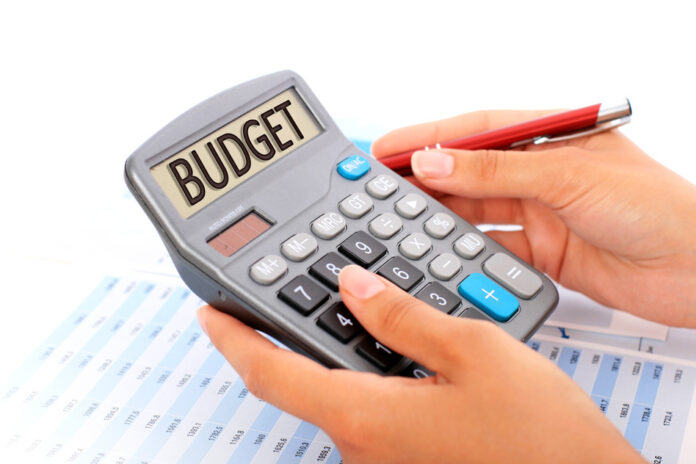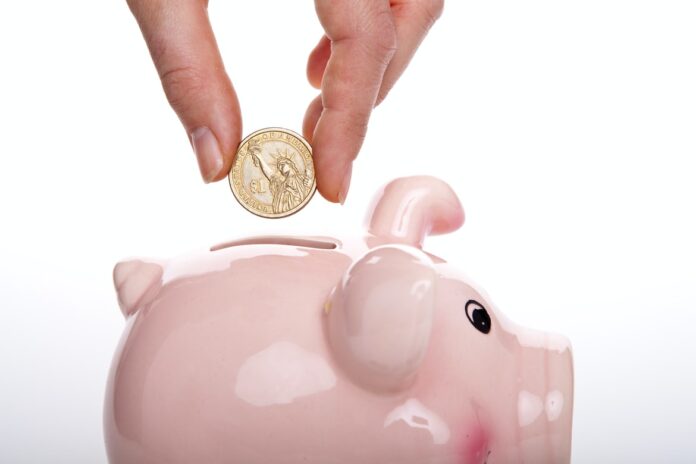Sometimes it seems almost impossible to start saving money. We live in a world where technology makes spending money easier and easier, where with one click of the mouse or scan of our phone we can buy pretty much anything we want. Almost everyone wants to save money for a deposit on a house, college funds, or travel, but the reality is it’s difficult to put some cash aside. Even with a frugal lifestyle, there are always expenses that add up. If you own a house you have to maintain it, if you drive a car you need to tax and service it, if you have children – well let’s not even get started on those expenses.
What many people don’t realize is that making small changes to your routine and increasing awareness of your finances can help you to start saving, and these changes don’t mean that you have to sit home every weekend watching TV. Read on for some great simple and easy ways to start saving – you’ll be surprised at how it adds up.
Keep track of your money

This is the best place to start when it comes to saving money. Most people would be surprised at just how much money comes out of their accounts – in the days of contactless payments we often don’t pay much attention to our transactions. But technology can also help with this – apps such as Apple / Google / Samsung Pay help keep track of spending and almost every bank has a dedicated app that allows you to take care of all your business on your mobile device. Once you start keeping track you can start to cut down on expenses you don’t really need. You can also automate your bank account to siphon a sum of your salary into a savings account, so you don’t even need to think about it.
Make a budget

Setting a budget is all about realism. Making a list of monthly outgoings such as rent, bills, commuting (petrol or travelcard) and food is straightforward and gives you a good idea of how much you can save from the rest of your income. Don’t forget to set aside a bit for entertainment as well – but be realistic and try to stick to it – it might be a good idea to leave your credit card at home on nights out, just in case temptation gets the better of you.
Cancel subscriptions
Most of us subscribe to multiple online services – Netflix, Amazon Prime, Hulu, Spotify, Apple TV plus storage plans on iCloud or Dropbox. It might be time to have a rethink, and cancel the ones you don’t feel are absolutely essential. Many movie streaming services have family accounts or screen sharing – this cuts down the price for you and your friends. And don’t forget to cancel automatic subscription renewals, especially when you’ve only signed up for a trial.
Work out
Do you have a gym membership you barely use? Get rid of it – and even if you do love working out, going for a run is free, and many parks have exercise machines. If you can’t do without, try checking out local leisure center facilities as these can be much cheaper.
Save energy
We waste so much energy in our homes, and taking some simple steps can make a big difference to the monthly bills. Shut off devices rather than leave them on standby, remember to turn the lights off (or set a timer if you have one), use LED light bulbs, and don’t leave the heating on. Energy-efficient appliances such as dishwashers and tumble dryers can cut bills down, and for the home office, you can find energy-efficient printers (for more information please visit Ink Station) and other devices. Smart thermostats allow you to set timers and control the temperature in your house via a mobile app, helping you to manage your energy usage remotely.
Pack your lunch

Take a moment to calculate how much you spend on lunch in an average week – you might be surprised at how much you’re paying for a sandwich and a soda. Making your own lunch will save you a significant amount of money week on week – and everyone knows homemade sandwiches are better. Better still is bringing in leftovers – not only giving you a delicious lunch but making your grocery budget go further.
Cut out the coffee shop
You’ve sorted out your lunch expenses, but let’s think about that cup of joe you buy from a cafe every morning (and probably most afternoons too). Coffee shops are really expensive, but because coffee-making facilities in most offices are pretty lousy they have something of a monopoly. Investing in a cafetière or similar, and buying some good ground coffee means you don’t have to compromise on quality without paying through the nose every day. And if you can pool the coffee with some co-workers, even better.
Set goals (and keep track)
Why do you want to save money? A nice holiday? A mortgage? Whatever it is, set yourself goals – not to save the entire amount at once, but a monthly or quarterly goal. Setting up a calendar to track your progress means that you can see how you’re doing at a glance – this should encourage you if you’re doing well, and give you a shot in the arm if you’re lagging behind.
Use cash

One of the biggest ways people overspend is by relying totally on debit or credit cards. The amount flashes up on the register and we tap and forget. A good tip to save money is to leave the cards at home – especially on a night out on the town – and take out whatever cash you’ve set aside. This will make you aware of how much you’re spending and mean that you have a set limit. You may still feel regret the morning after, but not for financial reasons.
There are many ways to save, and the most important thing is to start. Even if you manage small amounts, it all adds up, and soon will become second nature. Your bank account will thank you.









